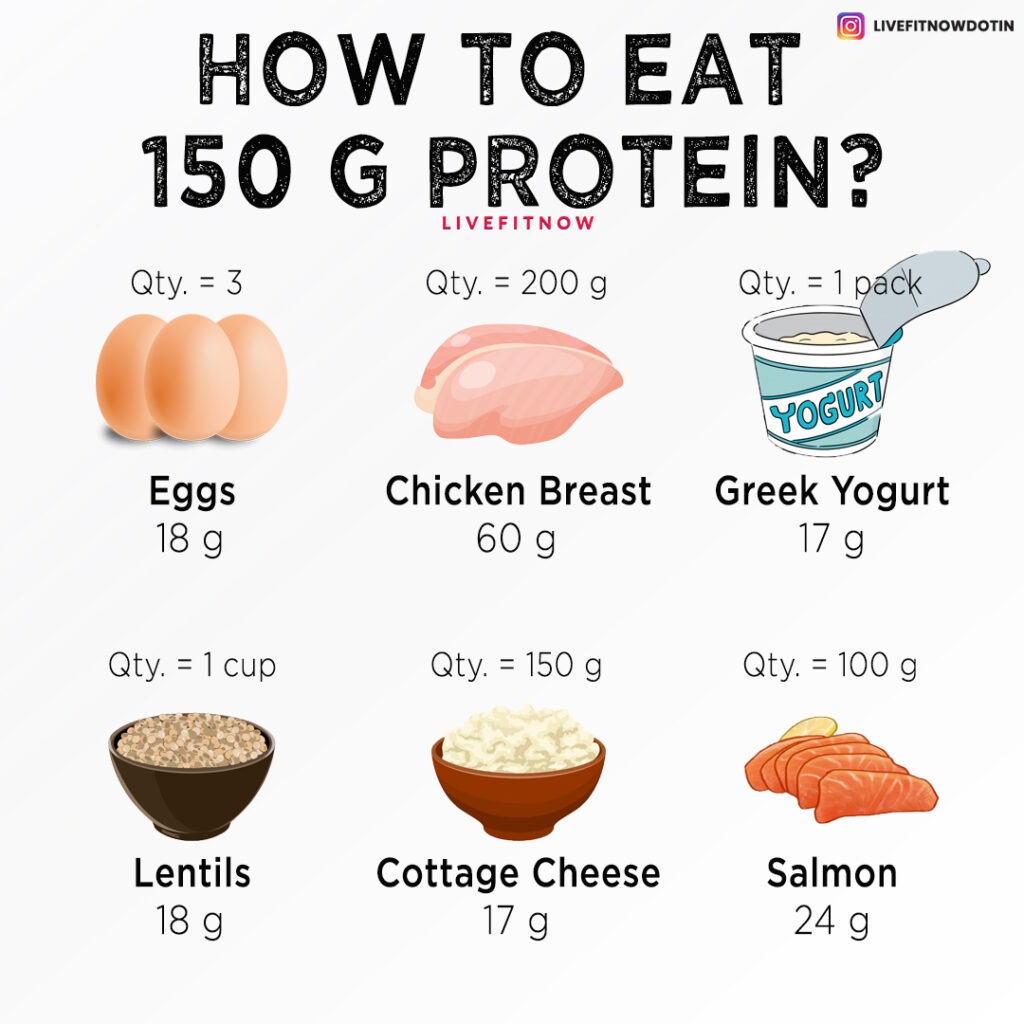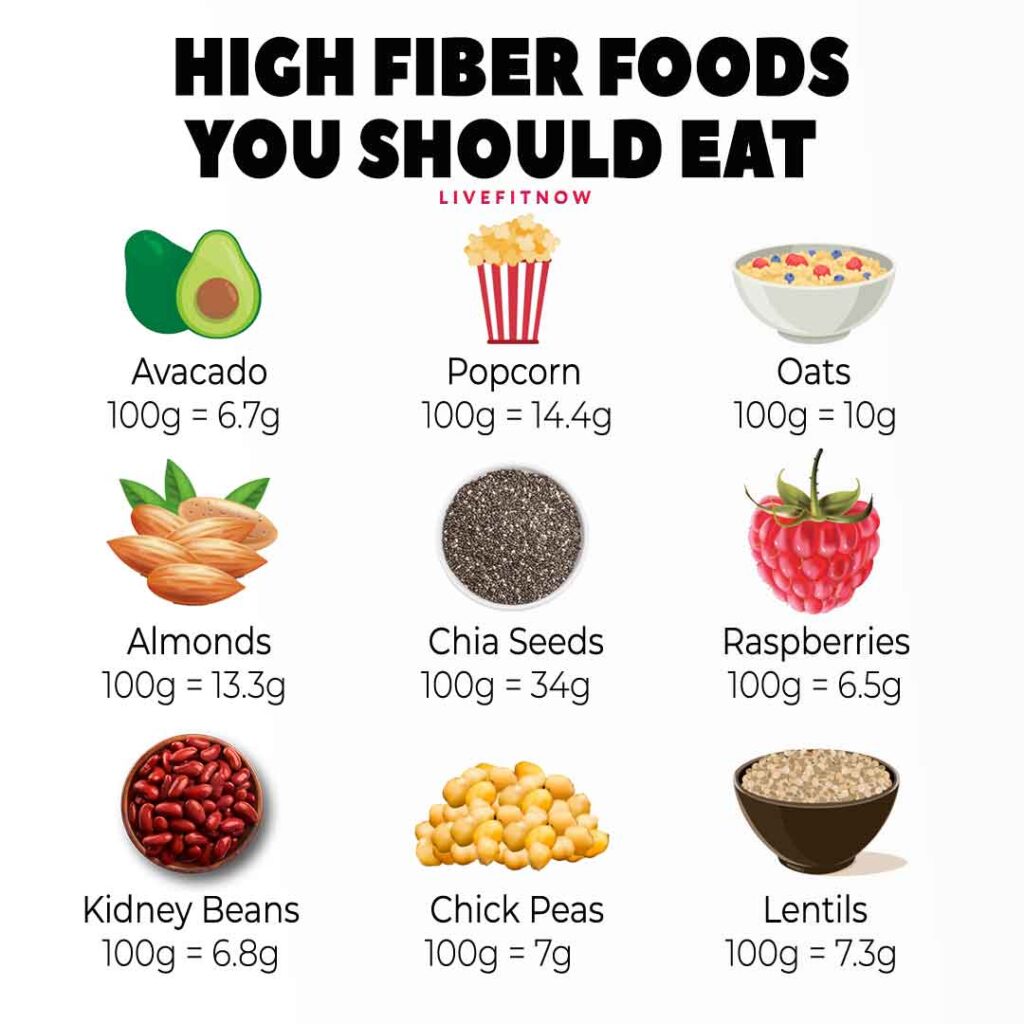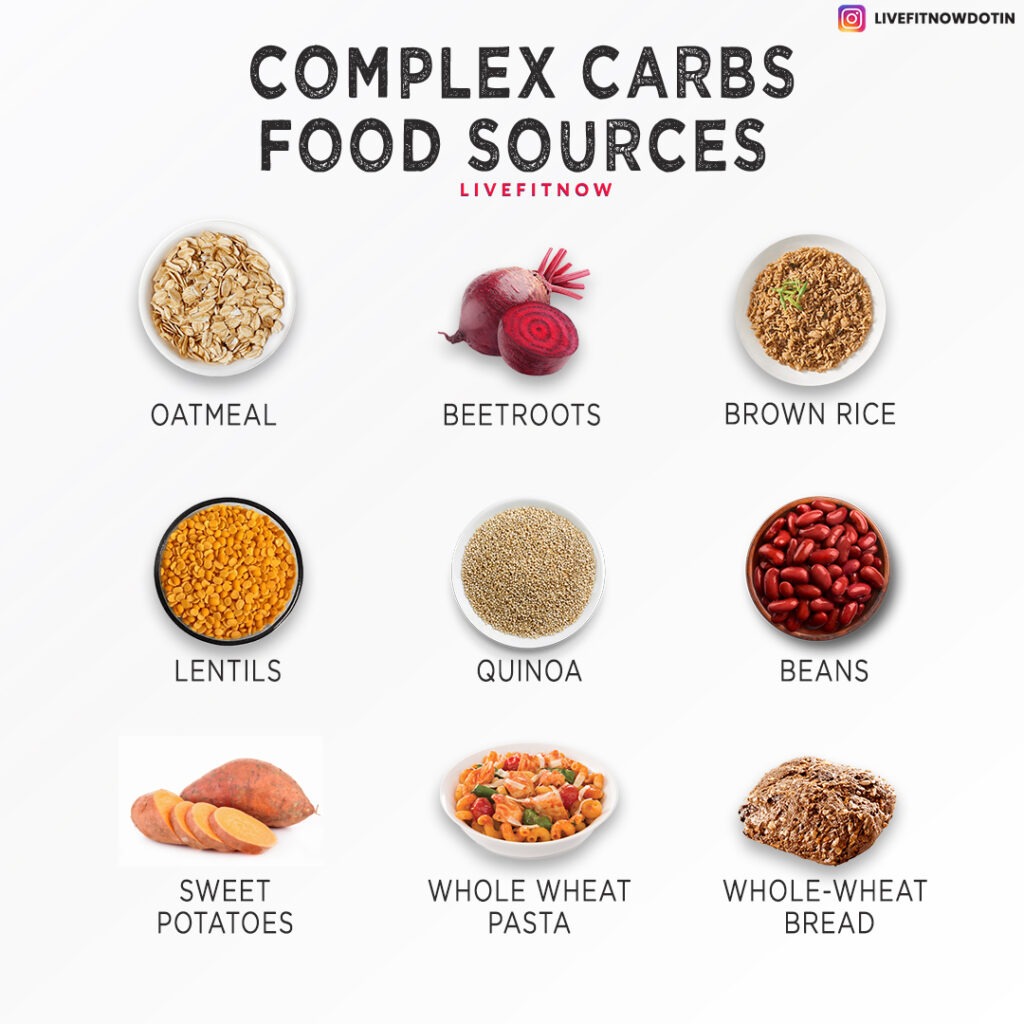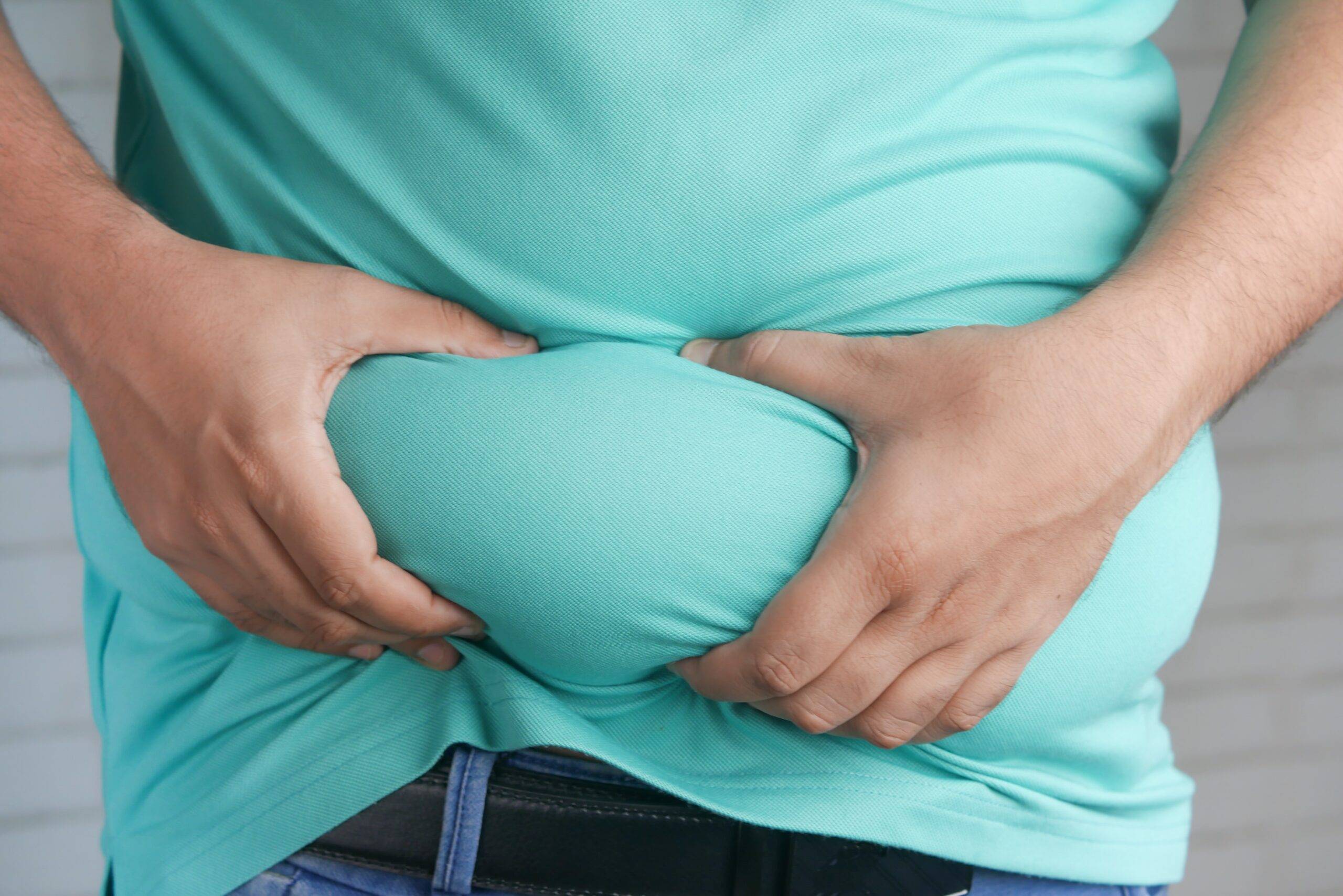It’s common to feel hungry when you’re on a calorie deficit diet. However, the issue arises when people try to control their hunger by consuming more calories. This can become a daily habit, sabotage their diet, and hinder their weight loss. But the good news is – THERE IS A FIX to Control Hunger While Fasting.
Before diving into that, let’s talk about hunger first!
What causes hunger pangs?
Hunger involves the interaction of your brain and hormones further influenced by external cues, habits, and emotions. It only takes a few hours of not eating to trigger the food cravings called hunger pangs.
But what influences your desire to eat?
The hunger hormone Ghrelin. It acts as an appetite stimulator in your body. Have you ever heard that stomach growling sound when hungry? That means your body is producing ghrelin. The higher your ghrelin level, the hungrier you get.
Ghrelin sends a signal to your brain and triggers another hormone called neuropeptide Y, which makes you feel hungry. Ghrelin levels rise on a weight loss diet due to calorie restriction, which is a natural response by your body to protect you from starvation.
However, When you extend the period you go without feeding the monster, it becomes less and less of a problem, and you are more likely to beat that constant feeling of hunger.
That helps stick to your diet and keep the weight off for good.
Look at this study on ghrelin and fasting. It explains that ghrelin Increases when you typically have a meal, and at its peak, hunger feels like shouting. But then, it gradually decreases when you do not give in.

Now, just to be clear: I’m not suggesting you dive into a three-day fast, rather follow the tips I’m about to give you in a few minutes.
First, let us talk about the opposite of hunger: the fullness hormone.
The answer to ghrelin is leptin, the fullness hormone. Like ghrelin, leptin sends a signal too. It triggers when you feel full or satiated and acts as an appetite suppressant.
Leptin levels peak when you fill up on food. So, when you eat a lot, your appetite goes away.
High levels of leptin signal your brain that you have plenty of energy stored, while low levels tell your brain that energy stores are lower and you need to eat. (126)
However, for many people, leptin signals won’t work due to a condition known as leptin resistance.
When you have leptin resistance, your brain doesn’t receive the leptin signal and erroneously thinks that your body is starving — even though it has more than enough energy stored.
But you still feel hungry. So you eat even more. And to make matters worse, when your body thinks it is starving, it flips into survival mode and burns fewer calories to conserve energy.
You might be thinking, this seems like me, but how would I know if I am leptin-resistant? If you have a lot of body fat, chances are your body becomes resistant to leptin.
So what can you do about it?
9 ways to control your hunger while fasting
1. Follow a diet you can stick with
Before starting any diet, whether it’s keto, low-carb, or any other latest fad diet. Ask yourself this one question:
Can I see myself on this diet two years from now?
If your answer is NO, the diet isn’t going to last.
Because when you follow such short-term diets, you may lose weight quickly, but once you come back to your old eating habits again, you will regain that weight or even more.
That’s a fact!
Therefore, you need a diet plan built according to your lifestyle and including foods that you know you can eat for a long time.
2. Eat protein in every meal
You may hear this many times that you should add protein to your diet, but many people still leave it off their plate, along with the benefits it provides.
Protein not only helps you feel fuller but also boosts metabolism and helps you burn calories more efficiently (143). A high-protein diet also helps you prevent muscle mass when calories are limited for weight loss.
In this study conducted by researchers, participants consumed breakfast, lunch, and dinner meals containing either 10% or 30% of total energy intake from protein. The 30% protein diet led to reduced overall hunger and greater overall satiety compared to the 10% protein diet.
To control hunger and weight loss, you should aim for 1 – 1.2g of protein per kg of your body weight to reap the benefits of body composition and improved metabolism. (162)

3. Get in more fiber
To stop feeling hungry all the time, make sure that your meals consist of protein & fibre.
Many studies suggest that the more fibre you eat, the fuller you feel and take control over your hunger pangs.
A recent study reports that foods such as beans, peas, chickpeas, and lentils can increase fullness by more than 30% when added to your meals.
The good thing is when you feel full, your ghrelin level decreases, your hunger goes away, and you eat fewer overall calories.
One of the best ways to get more fibre is from whole fruits and vegetables.

4. Switch to complex carbs
If you are on a diet, prefer eating complex carbs over simple carbs.
Complex carbs digest more slowly and are higher in fibre, which makes them filling, and a good option to control hunger while fasting.
In this study, researchers found the effects of simple carb and complex carb breakfasts on satiety & hunger levels.
Here’s the outcome, a simple carb breakfast results in higher glucose, insulin levels, and fatigue after consumption. On the other hand, a complex carb breakfast shows a lower perception of ‘fatigue’ and higher satiety after consumption.

5. Know when you are really hungry
Sometimes you feel like you’re hungry, but in actuality, you are thirsty! Knowing when you’re hungry can help you take control of hunger and your eating habits.
Most People eat food very fast, which becomes problematic because it takes 20 mins for the fullness signal to reach the brain.
If you are binge eating, you may end up eating more food before the leptin signal arrives in the brain.
Always eat slowly and without distraction. Focus on your food in front of you instead of televisions, computers, and smartphones. When you increase your recognition of fullness cues, you can differentiate between emotional and true physical hunger.
6. Prefer solid meals over liquid
Have you ever indulged in a shake and felt so full but after a few minutes, you are hungry again, and your need for food kicks in again?
That is because liquid and solid calories affect appetite differently. Solid food requires more chewing and time while liquid – we gulp it down the throat in no time.
Chewing your food grants more time for the fullness signal to reach the brain. The longer you chew your food, the more calories you burn, and the fuller you feel.
One recent review found that compared to a solid snack, people who ate a liquid snack were 38% less likely to compensate by eating less at the next meal.
The bottom line:
Hunger pangs are a natural signal that lets you know that your food stores are low and it’s time to eat now. When you eat food, another hormone signal triggers that tells you to stop eating.
However, if you’re leptin resistant, you may not receive a fullness signal and think that your body is starving — even though it has more than enough energy stored.
The tips mentioned above are a few simple and effective ways to reduce your appetite and control hunger in general and while fasting.









